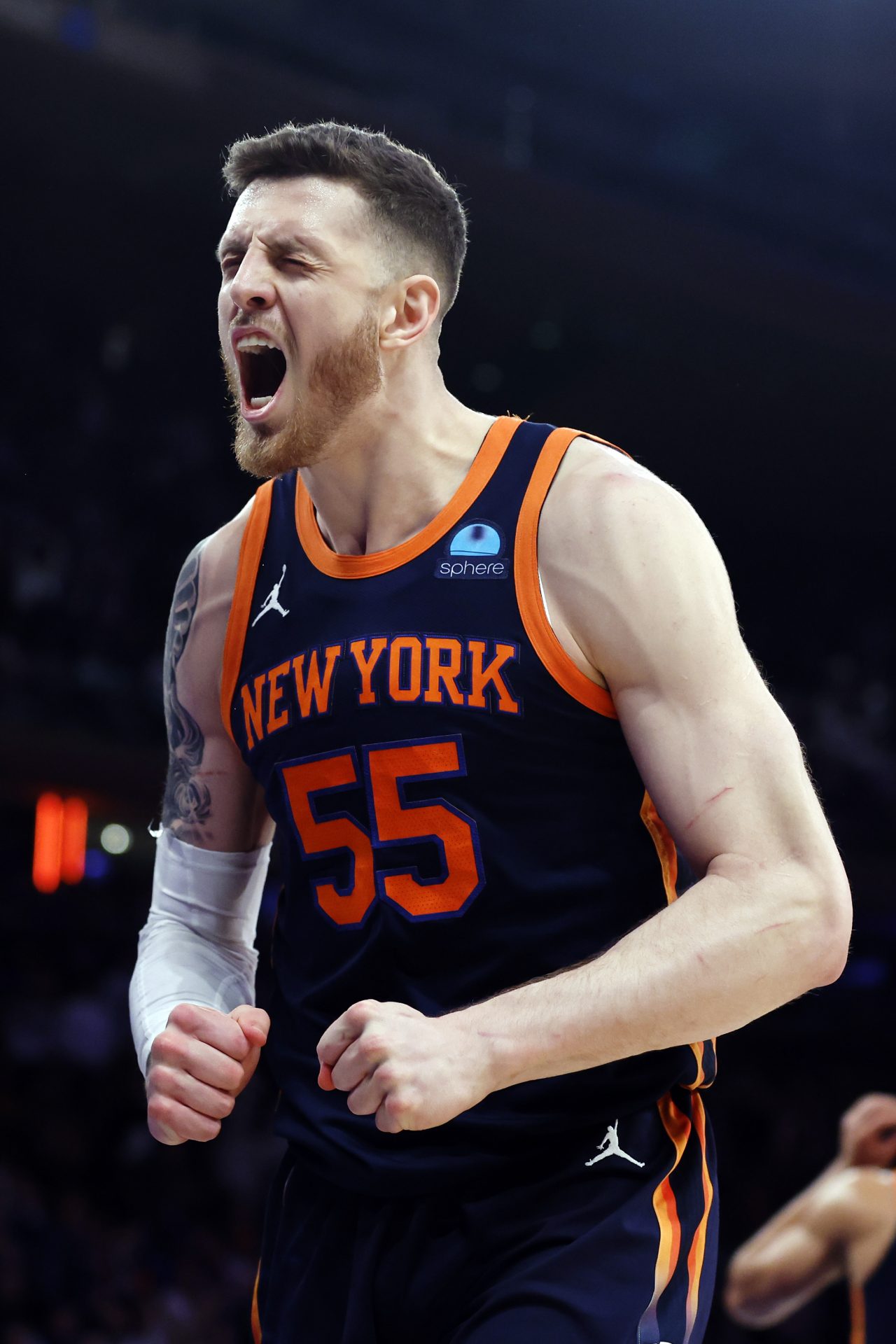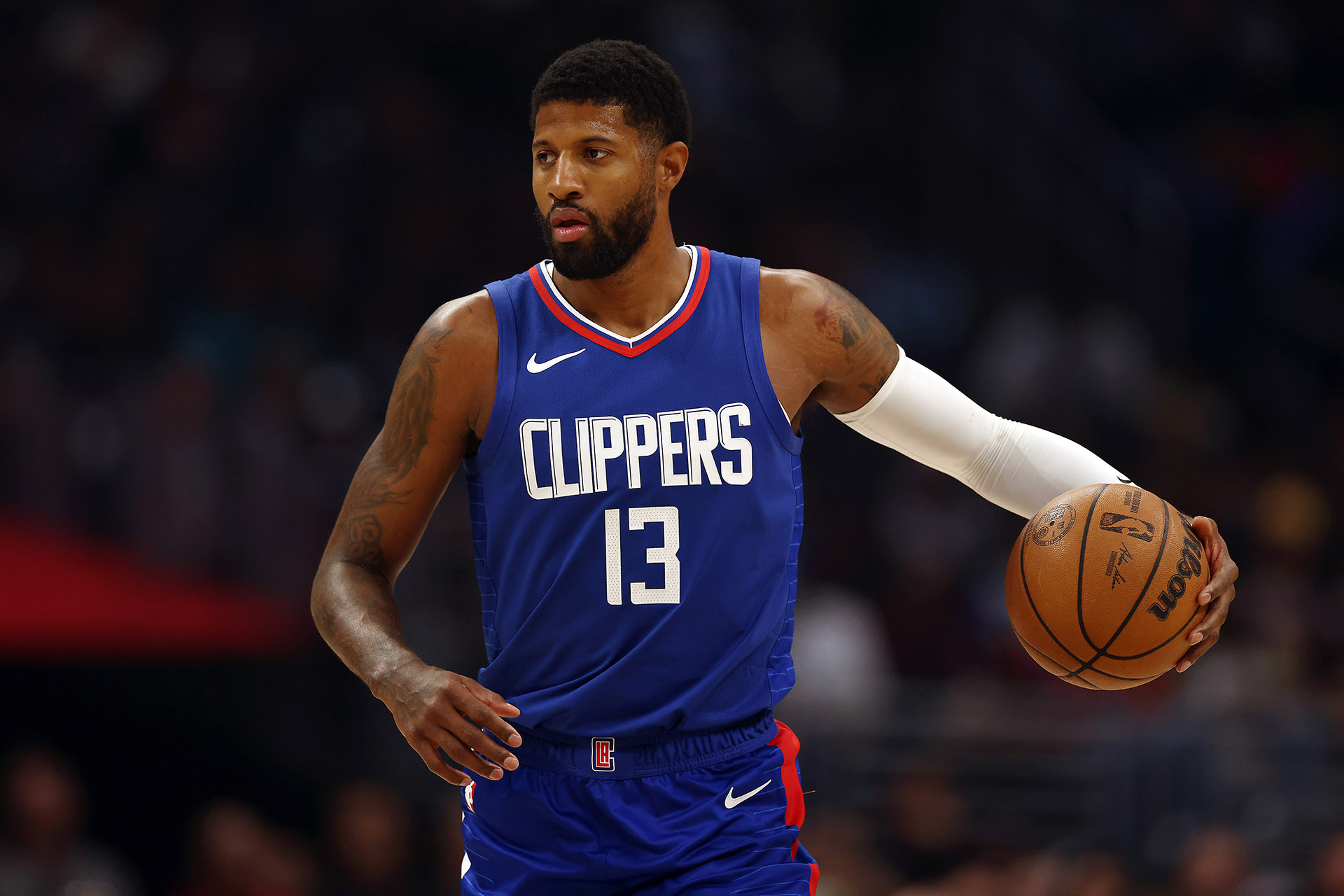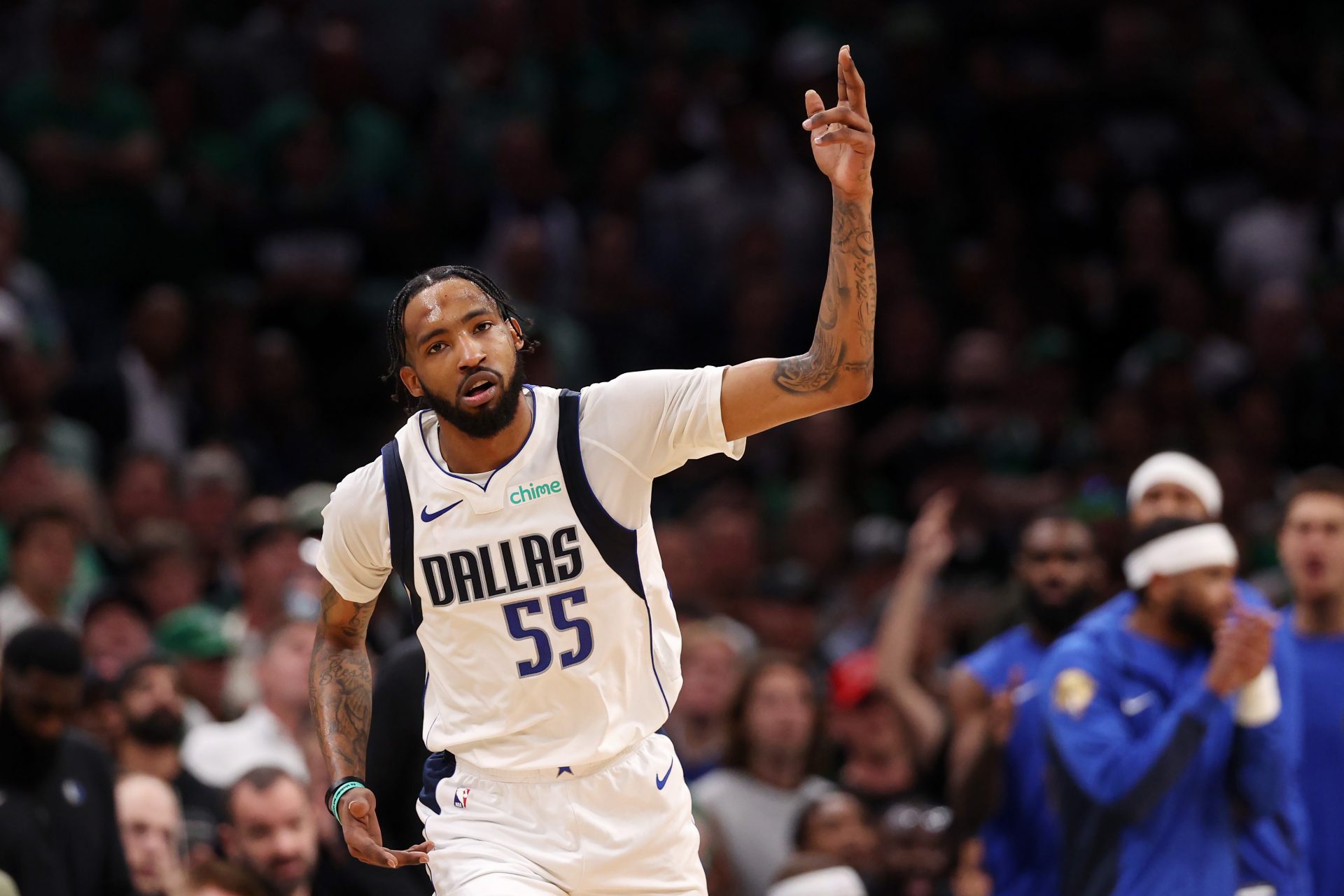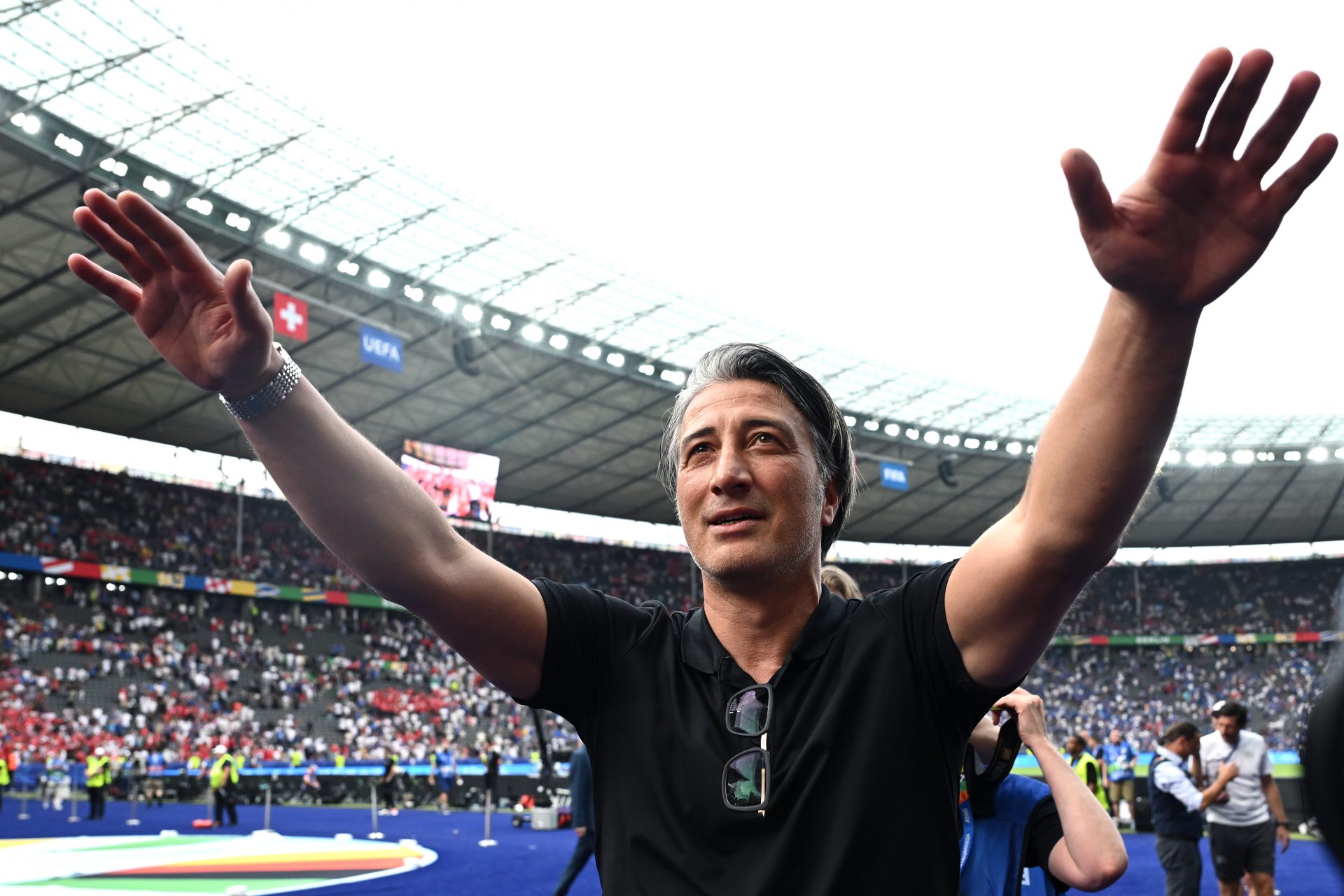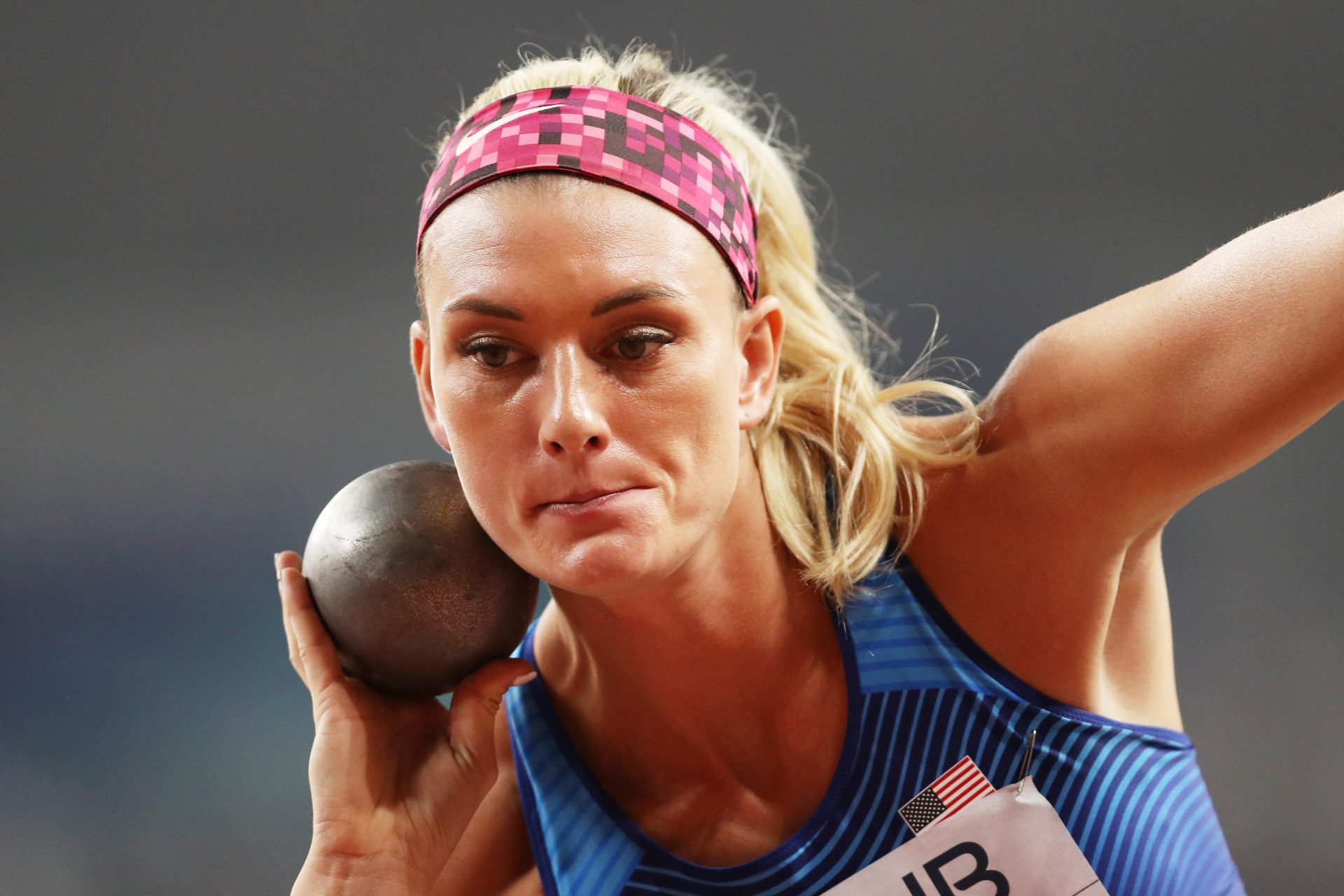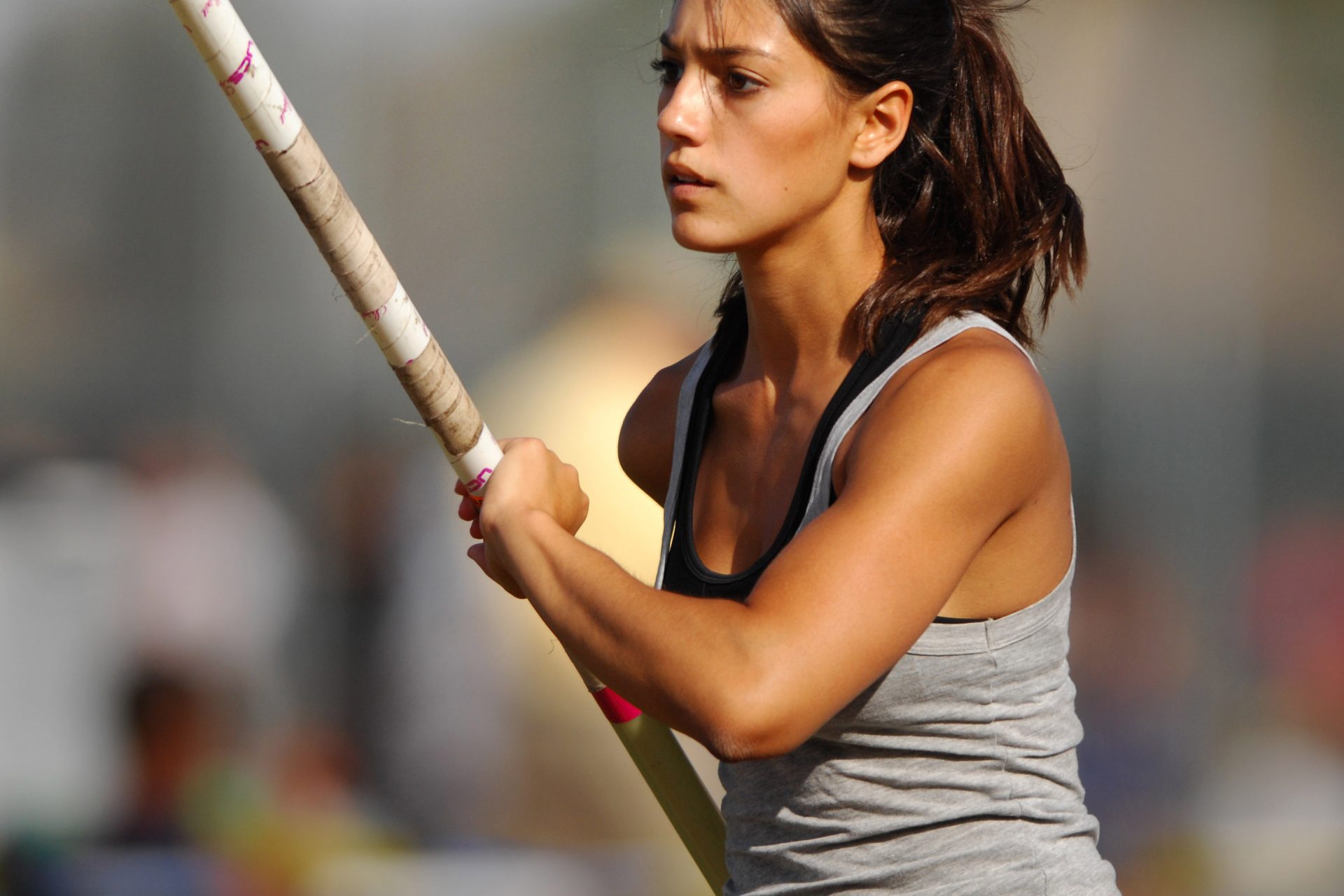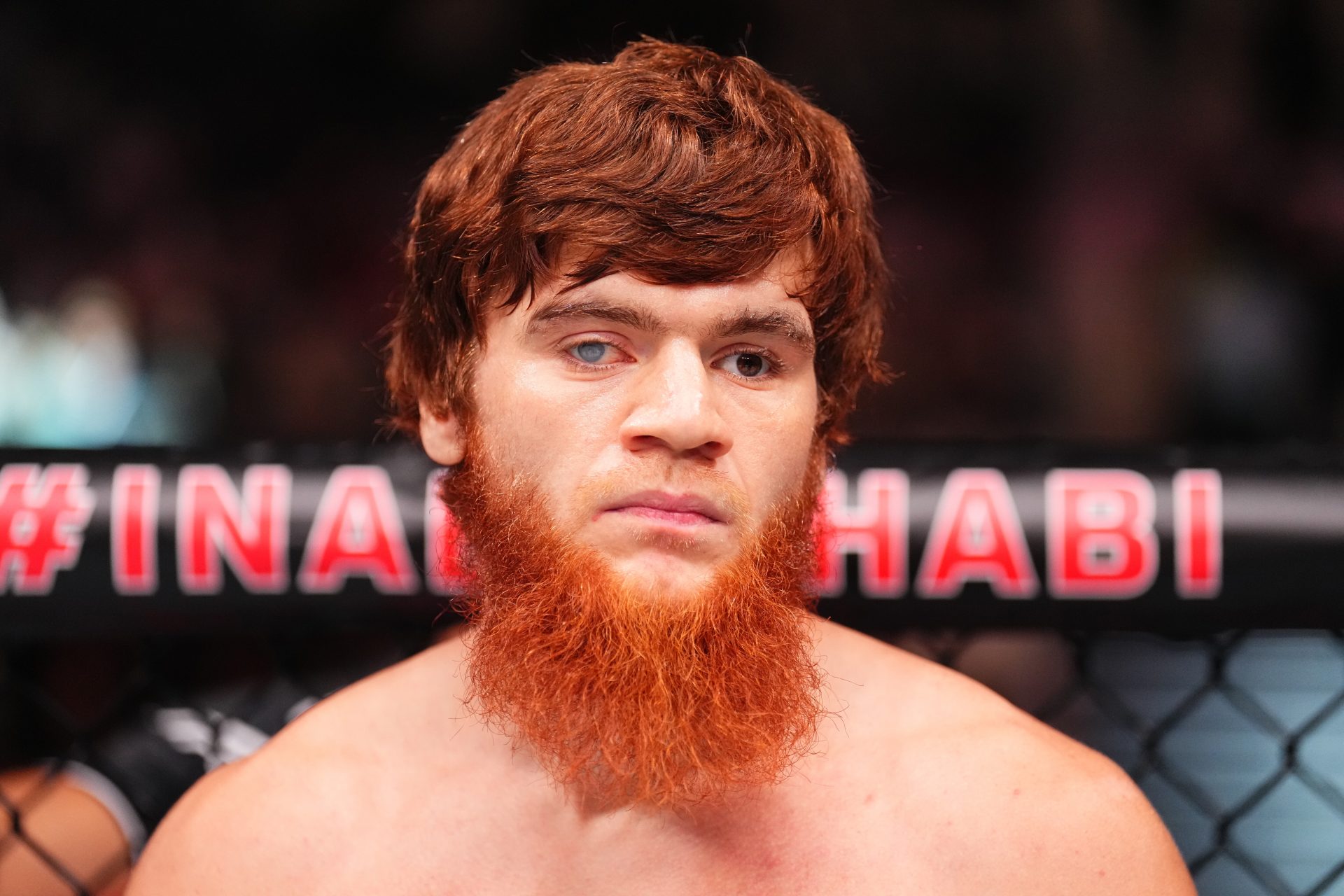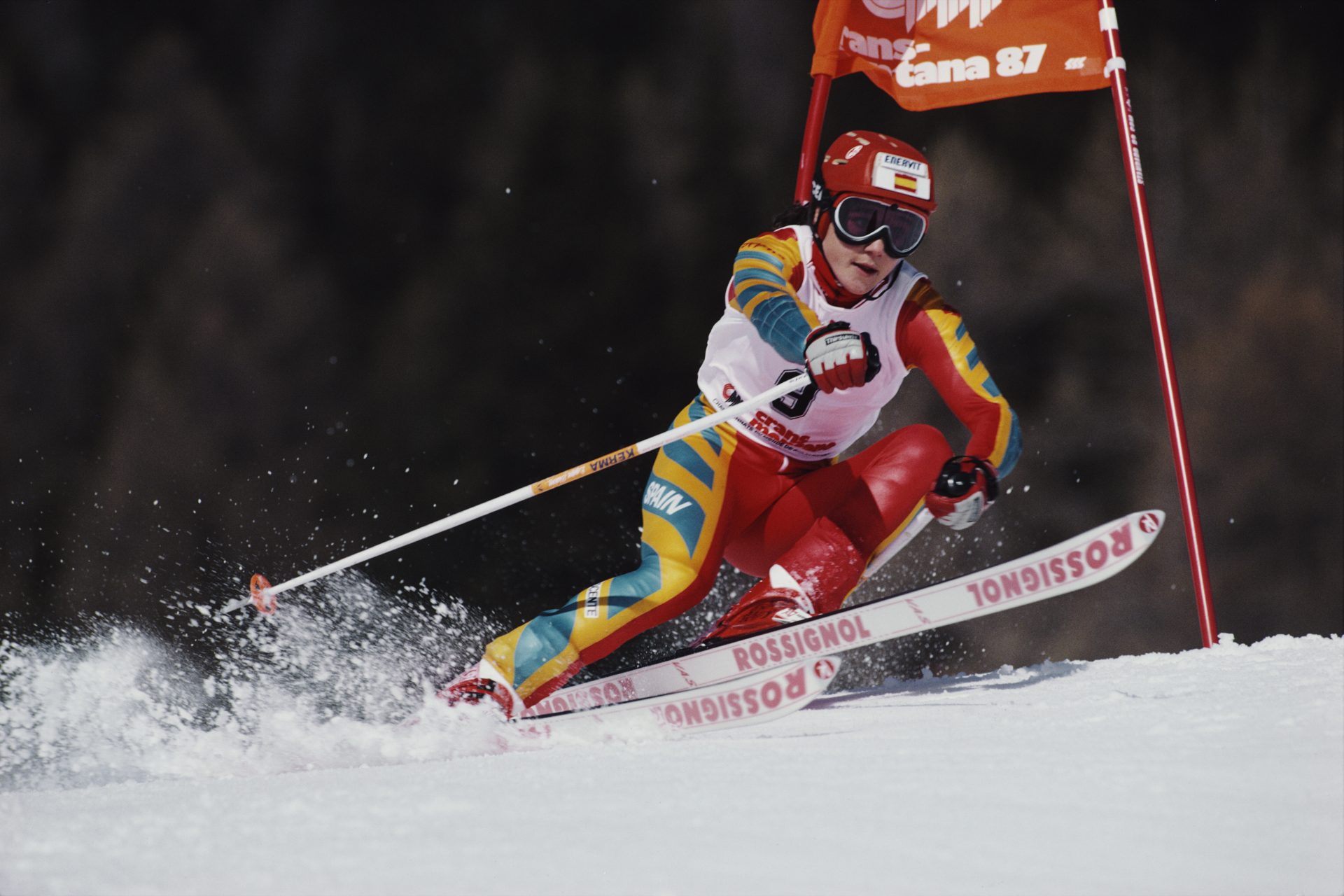How a simple mistake at the World Cup cost Andrés Escobar his life
The World Cup for many is the pinnacle of global sports. With whole nations coming together to get behind their teams on the world stage, it’s ability to unite people is almost unmatched in modern society. At the same time, that power and that pressure can turn ugly in the wrong hands. The murder of Andrés Escobar is one of the most pertinent examples of this.
Andrés Escobar was a Colombian footballer who believed in the power of football but paid the ultimate price for his involvement in the game when he was brutally murdered by gangsters following his appearance at the 94 World Cup. Let’s look back at this tragic piece of sporting history and the impact it had on the world.
Andrés Escobar was born on March 13, 1967, in Medellín, Colombia. He began playing football at a young age and showed great promise as a defender. He started his professional career with the local club Atletico Nacional in 1987, where he won several domestic titles, including the Copa Libertadores in 1989.
In 1990, Andrés moved to Europe to play for the Swiss club Young Boys. He spent two seasons with the team before returning to Colombia to play for Atlético Nacional once again. In 1993, he helped the team win the Colombian championship and was named the league's best defender.
Andrés Escobar's most significant achievement came in 1994 when he was selected to play for – and captain – Colombia in the World Cup, held in the United States. Colombia as a nation was going through a particularly tumultuous period as cartels violently fought for control of the illicit drug export market following the death of Pablo Escobar in 1993, but there was hope on the horizon as the national team started their World Cup campaign.
Andrés Escobar believed the sport could help put a stop to the violence and chaos in his home country. "He saw soccer as a school of life to teach values and tolerance," ‘The Irish Times’ reported friend César Mauricio Velásquez stating. "To learn to win, to lose, to embrace sport as a sanctuary of unity. Andrés always stayed true to that belief."
Having gone unbeaten in their first five qualifiers and conceded only two goals, Colombia was in unprecedented good form and entered as one of the favorites to win the tournament.
But Colombia's preparations were less than ideal, as rumors swelled about betting syndicates and drug cartels exercising their influence over the squad. Coach Francisco Maturana was reported to have received death threats over matters of team selection. Gabriel Jaime Gomez Jaramillo (known as Barabas) was dropped from the squad presumably because of threats, with Hernán Gaviria taking his place.
Whether it was external pressure or otherwise, Colombia's players were affected and looked like a shadow of their qualifying selves in their opening game which resulted in a shock 3–1 loss against Romania on June 18 1994 at the Pasadena Rose Bowl.
Things only got worse in the second group stage match – a must-win clash against the United States. Forward Faustino Asprilla told the Irish Times that the team was rattled going into the game, barely speaking a word before the game as nerves got the better of them. It showed on the pitch as well, with Colombia taking a ‘kitchen sink’ style attacking approach to get on top of the US.
“We kept attacking but we couldn’t score,” Midfielder Leonel Álvarez reflected, as reported by The Guardian in 2014. Then in the 22nd-minute things went from bad to worse.
Looking to cut out a low cross from US midfielder John Harkes in the Colombian penalty area, Escobar slid into the danger zone only to make contact with his right foot, catching keeper Óscar Córdoba out as the ball changed direction and hit the back of the net.
Escobar laid flat on the ground following disastrous maneuver, reflecting on the first ever own goal of his career. Though he regained his composure to finish off the biggest game of his career, there was little doubt about the enormity of the situation.
Andrés' own goal proved to be the deciding factor in a 2-1 loss. The loss effectively eliminated Colombia from the tournament, and the team returned home in disappointment following an inconsequential 2-0 win against Switzerland in game three of the group stage. Knowing what the loss meant to the side, and more importantly the nation of Colombia, Andres penned an earnest statement in Bogota’s El Tiempe.
“Life doesn’t end here. We have to go on. Life cannot end here. No matter how difficult, we must stand back up. We only have two options: either allow anger to paralyze us and the violence continues, or we overcome and try our best to help others. It’s our choice. Let us please maintain respect. My warmest regards to everyone. It’s been a most amazing and rare experience. We’ll see each other again soon because life does not end here”
His impassioned urge for peace and understanding would ultimately fall on deaf ears as Escobar was killed on his return to Medellin, a mere 10 days after their World Cup exit.
In the early morning of July 2, 1994 Andrés Escobar was confronted by a group of men outside a club in his hometown of Medellín. The men taunted Escobar for the own goal, but the Colombian captain tried to reason with the group from his car, insisting it was a simple mistake.
According to eyewitness reports as covered by CNN, one of the men drew a .38 caliber pistol, shot Escobar six times, and killed him, yelling “goal” each time he pulled the trigger. He was 27 years old.
The next night, police arrested a person whom they believed to be the gunman. Humberto Castro Muñoz was a bodyguard and driver for the Gallon brothers, a pair of powerful criminals and drug traffickers.
It is believed that the Gallon brothers had lost significant amounts of money betting on Colombia to win the World Cup, and they blamed Andrés for the team's failure. Muñoz was sentenced to 43 years in prison but would only serve 11 before being released for good behavior. The Gallon brothers were cleared of any wrongdoing, though it is widely believed they had bribed officials to influence the ultimate outcome, according to The Guardian.
Andrés Escobar’s death rocked the nation and his funeral drew more than 100,000 attendees, who followed the car carrying his body on a 10-mile walk to the cemetery. At his funeral, Colombian president Cesar Gaviria said the footballer was a victim of the “absurd violence” affecting the country, while fans screamed for ‘Justice’ as his casket was carried to his final resting place.
Despite the words he penned following his exit from the competition, his life did in fact end here. A sad end for a brilliant and beloved footballer, who ultimately believed in the game’s ability to unite rather than divide. But life, and the game, went on for everyone else. As he was buried, the second round of the World Cup had just gotten underway in the U.S. It would eventually be won by Brazil.
More for you
Top Stories

























